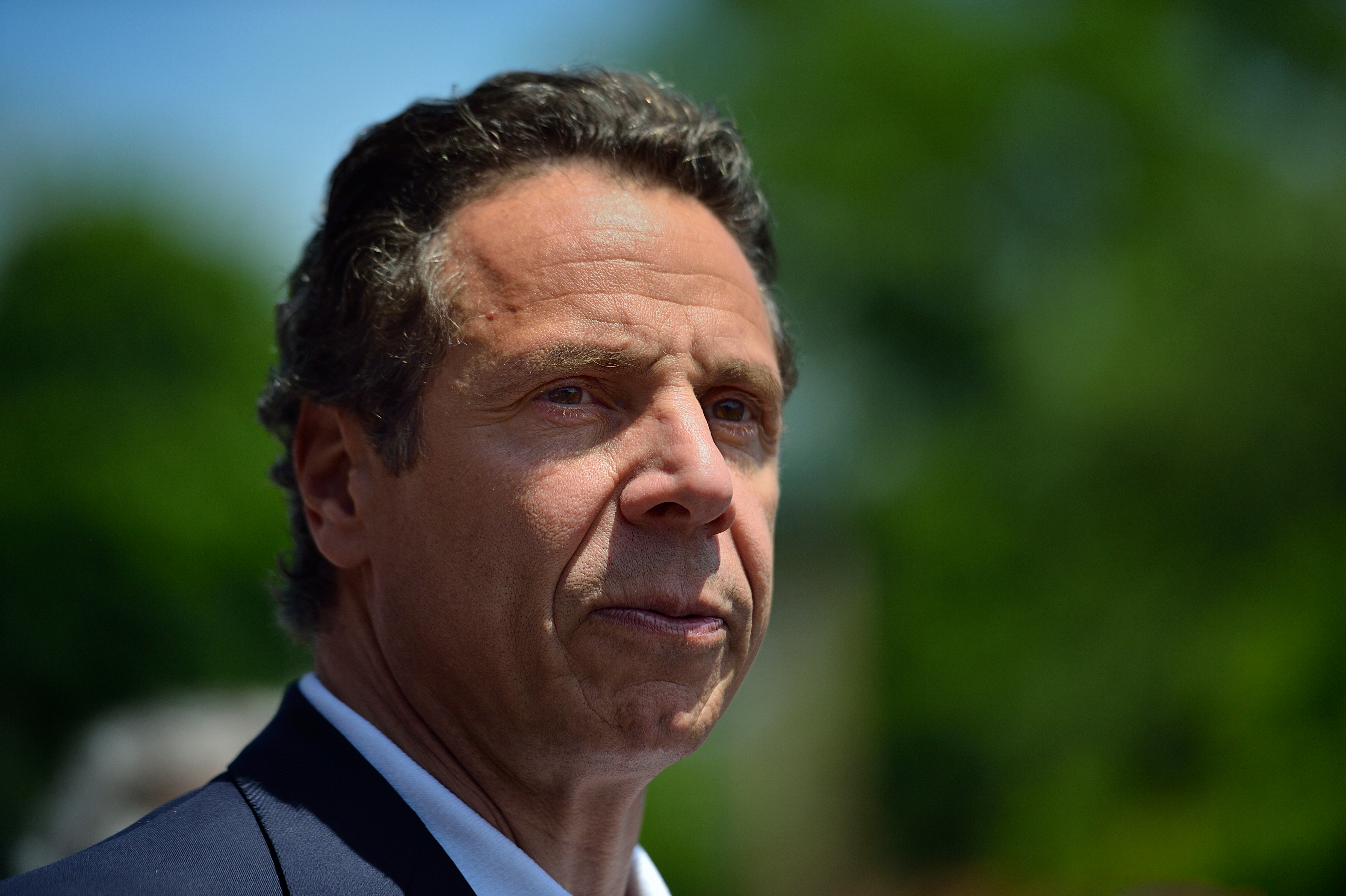

For several years now, many states in the US have made the decision to decriminalize marijuana possession and allow the growing and distribution of recreational marijuana. While many states still have yet to make headway on this groundbreaking change in policy, New York was feeling the pressure to do so with many neighboring states having either decriminalized and/or approved recreational distribution and consumption of marijuana.
A lot of the hold-up was due to Governor Andrew Cuomo and his administration dragging their feet on ruling in favor of this policy, mostly because of concerns about safety and appropriate revenue streams. However, given the recent scandal and Cuomo’s resignation, this may help expedite to push this bill across the finish line.
Not to say, however, that Cuomo did not make any efforts to legalize marijuana in the state of New York. In fact, on the contrary, Cuomo has, for a while, been a strong advocate of legalizing cannabis within the state, getting through many legislative hurdles and garnering much support within both the Senate and House of Representatives. However, with the ongoing COVID-19 pandemic and the governor’s on going harassment scandal, it is very likely that the legalization bill may have been put on the back shelf compared to other high priorities.
As of July 2021, Massachusetts has approved retail sales of marijuana, and Connecticut and New Jersey just passed a bill earlier in the year to allow sale of recreational marijuana starting in 2022. Vermont, for a while now, has decriminalized marijuana, with the growth of it being permitted but not the recreational distribution of it. New York, currently, is essentially in the same boat as New Jersey and Connecticut, where they have decriminalized possession but not yet set forth an effective date to enable retail sales. Pennsylvania is the only neighboring state that has not enacted any legislation to decriminalize marijuana.
In fairness, New York legalized marijuana use as of March 31st of 2021, enabling individuals over the age of 21 to possess up to 3 ounces of cannabis on their person. However, when the law passed, it was suggested that it would take up to two years to implement a policy and allow stores to begin selling it recreationally. It is alarming that it would take two years when Connecticut stated it would only take one year to set up its policies, and Massachusetts was able to operate on a similar timeline.
It was suggested that some of the reasons for why it would take so long include establishing tax rates for purchase, establishing rules in regard to driving under the influence, and other liability measures and permits that suppliers would need to obtain to distribute cannabis. The state may also require that distributors only obtain cannabis from approved vendors, and that public health officials may need to be involved to monitor the quality of the products to ensure that they are safe.
As with many politicians, it becomes very clear what their highest priorities are while in office and can sit on things for a while when it’s not in their best interest. The advent of the COVID-19 pandemic showed Cuomo as a governor who felt that he had to devote nearly all his energy to the COVID-19 pandemic, which may be why some of these hold-ups are occurring even though marijuana is now legal in the state of New York. Throw in his harassment allegations, and it’s no wonder he could not put more pressure on the legislature to push through some of these policy decisions prior to legalization in order to expedite setting up recreational marijuana dispensaries.
It is hopeful that with a new face coming into the picture will speed things up. Hopefully the new interim governor will reprioritize the low hanging fruits of this bill and potentially move up the date to when cannabis in New York can be legally distributed in recreational facilities. While it’s understandable that other priorities exist within the State Government, letting this sit could have a negative impact.
With Massachusetts already having recreational facilities in place, and Connecticut and New Jersey expected to follow in 2022, New York could be missing out on substantial tax revenue delaying this by even one year. With a state population of almost 20 million, it exceeds that of Massachusetts, New Jersey, and Connecticut combined. It can be expected that many of these NY residents may not be willing to wait a year and are more than willing to cross state lines to obtain recreational marijuana in these neighboring states— thus supplying significant tax revenue to them that could otherwise be going to New York.
Overall, the Empire State is still ahead of most of the nation, as currently only 1/3 of the country has taken significant steps to legalize cannabis. So, it’s not to say that NY is in a horrible place, but they also don’t want to lose out on some potential millions of dollars in tax revenue because they waited too long to implement policy surrounding recreational marijuana purchases in retail environments. It can be expected as a new administration comes in, speeding up policy on opening recreational facilities in this state is up there in priority, and perhaps can come sooner than 2023.

